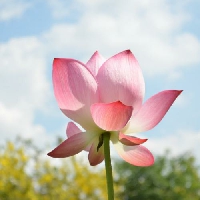Is the journal of yantai university a core journal
Is the journal of yantai university a core journal
Journal of Yantai University is the core journal. Founded in 1988, it is an official publication approved by the General Administration of Information. The competent unit is Shandong Provincial Department of Education, and the sponsor is Yantai University. It belongs to the core journal of Peking University and the journal of CSSCI South University, and the review time is 1-3 months.
Main columns: research report, literature review, briefing, special research.
Periodical collection: Shanghai Library Collection, CSSCI Nantah University Journals (including the expanded version), National Library Collection, Peking University Journals (China Humanities and Social Sciences Journal), Zhiwang Collection (China), Wanfang Collection (China), and Weipu Collection (China).
Honors of journals: National Top 100 Social Science Journals, China Journal Full Text Database (CJFD), journals included by Peking University Library, and China Excellent Journal Selection Database.










